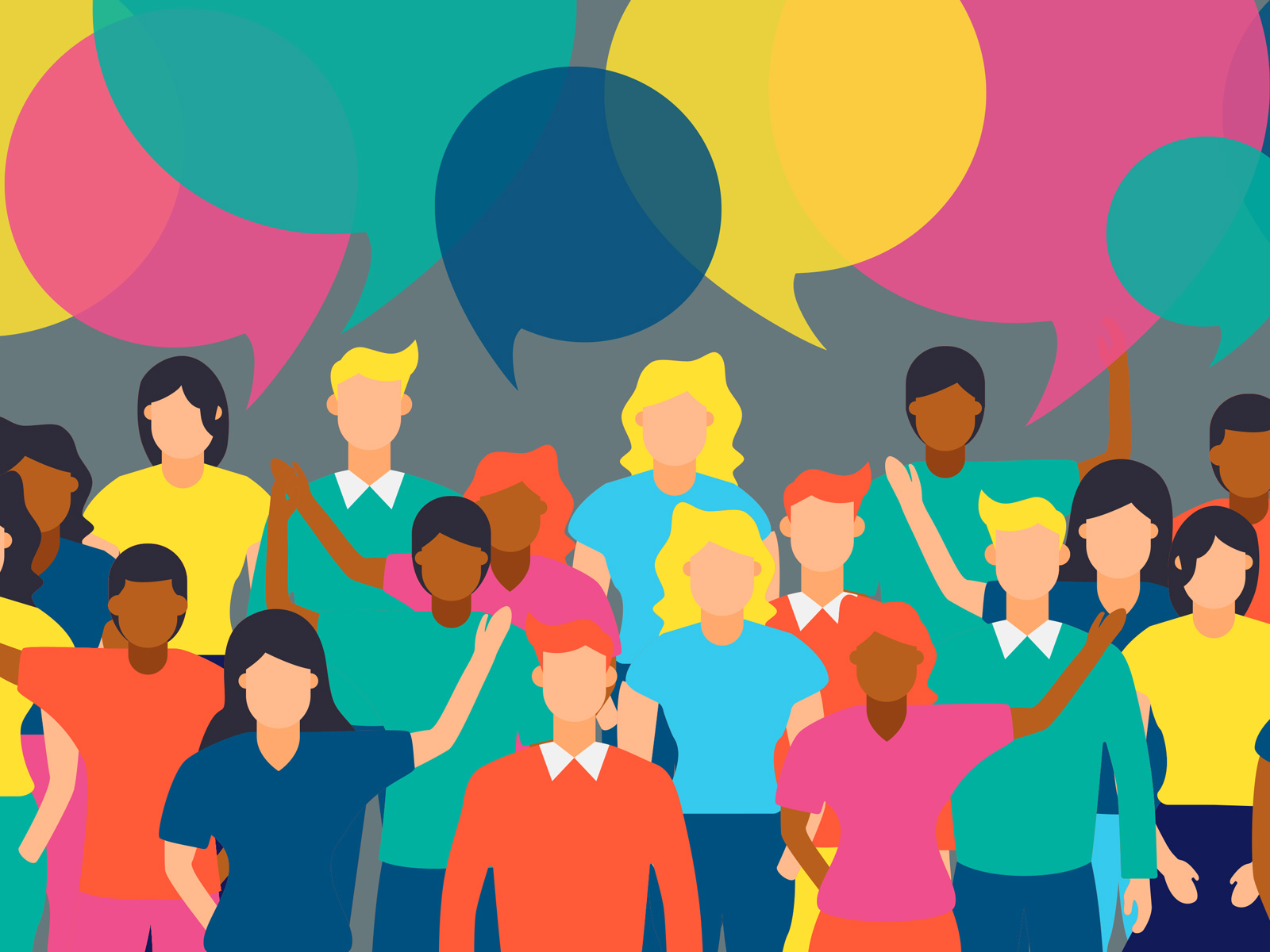A billion of us are being “left behind”
By Joel Dembe
It couldn’t be more clear. People with disabilities face higher healthcare needs, more barriers to accessing services and less health coverage, resulting in worse health outcomes.”
As someone who frequently advocates for accessibility in communities and workplaces, I often speak about the importance of empowering individuals with disabilities. While acceptance, accessibility and inclusion are crucial for all, regardless of the physical and mental health barriers we face, I believe the discourse in disability advocacy has shifted far too narrowly.
Whether on Facebook, Linked-In—or in public forums, we’ve become obsessively focused on discussing #ableism and the identity of disabilities while neglecting what I’ve come to believe should be the core issue: the need to work together to improve the health and well-being of those living with disabilities.
Let me be clear: like many in the disability community, I’m proud of who I am and the tenacity and resilience that I’ve built up over the years. I’ve achieved a lot of things I never thought possible by pushing myself beyond limitations. But pride doesn’t erase the daily challenges that come with a physical disability.
Chronic pain, limited mobility, and frequent dependence on external support are not “celebration points” to me. They are instead obstacles to living a healthy and fulfilling life.
The fact remains, there’s a major health gap at the core of persons with disabilities being “left behind.” Truth is….PWD’s have a significantly higher mortality rate than the average population. They are more than twice as likely to die prematurely, taking ten to twenty years off their lives. The life expectancy of a woman with a learning disability is as much as 17 years shorter than a woman in the general population (For men, its 14 years less). And, according to 2023 World Health Organization reports PWD’s also have twice the risk of developing conditions such as depression asthma, diabetes, stroke, obesity and poor oral health due to a lifetime lack of access to health services. Need I say more!
Personally, I’d much rather live a longer, healthier life than concern myself with projects that cross off every possible accessibility “checkmark” and meet every guideline. We’ve moved the needle considerably with recent legislation and public awareness. And, the sceptic in me says that’s not possible to get complete compliance anyway so let’s not spend so much time sweating the small stuff.
As a wheelchair user, all I’m asking this: shouldn’t we be striving to create a world where paralysis doesn’t exist? Where children born with disabilities or teens and adults who have suffered an injury or stroke can walk, run, and experience life without physical limitations?
Don’t we all want to live in a world where debilitating chronic pain is a thing of the past and every individual, regardless of ability, can live life to the fullest? Of course! So, shouldn’t this ultimately be the true mission of our disability advocacy: to call for research, innovation, and genuine healthcare solutions that directly address the variety of physical challenges we face.
There’s strength in numbers. Let’s speak up and advocate for what really matters- eliminating the healthcare gap. Let’s invest in research, back “our” scientists and rally for inclusive healthcare so that one day, we can repair paralysis, prevent the likelihood of multi-morbidities and ease chronic pain for good!
After all, people affected by Parkinson’s, Alzheimer’s and Diabetes, to mention a few, are banding together to fund research and find cures. Shouldn’t we follow suit?
Joel Dembe is a Paralympian, public speaker and is now a senior communications manager at RBC. He’s also Co-Chair of RBC REACH, Royal Bank of Canada’s advisory group for clients and employees living with disabilities. He serves as a Chair of the Patron’s Council for the Canadian Abilities Foundation.














